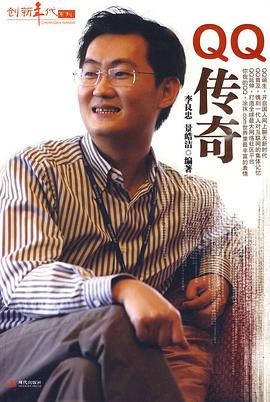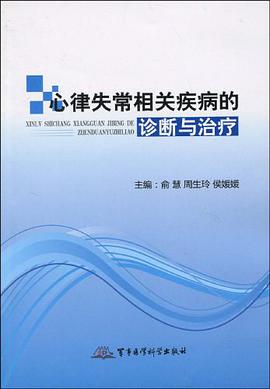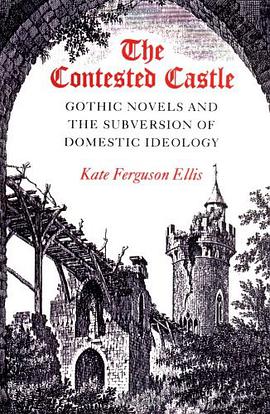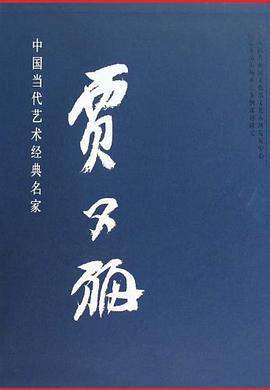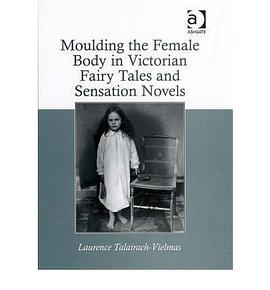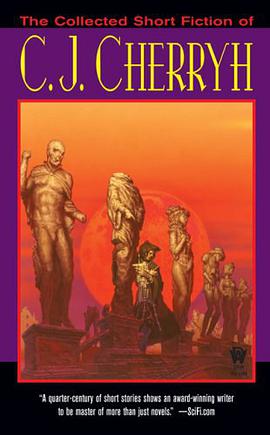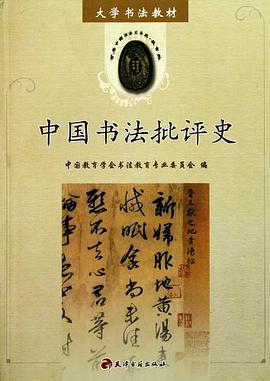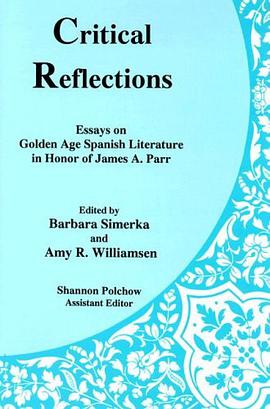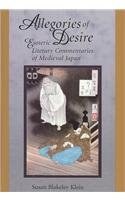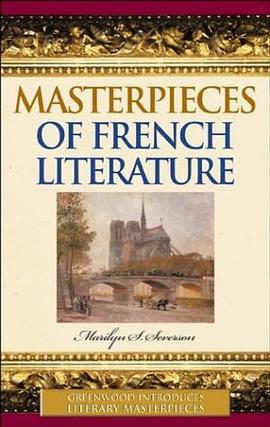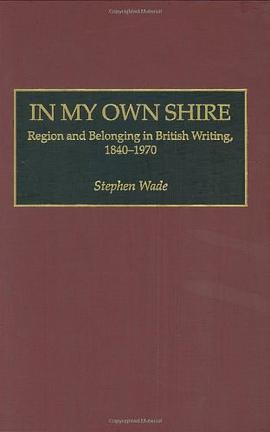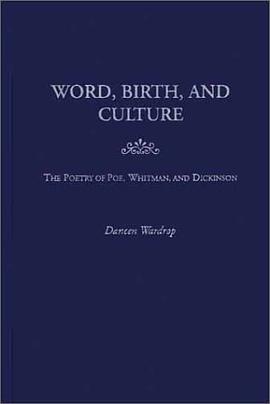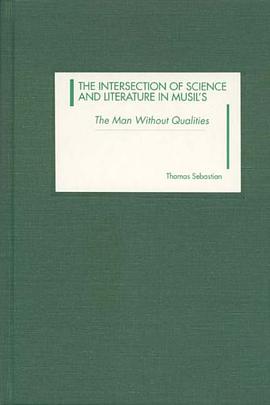

As the utopian projection of a world in which the conditional mood is preferred to the indicative, Robert Musil's ambitious novel The Man Without Qualities is widely recognized as a great example of aesthetic modernism and a profound reflection on the "postmodern condition." Based on the new and more inclusive English translation by Sophie Wilkins and Burton Pike, this study provides the English-speaking reader with a well-researched commentary that situates Musil's novel in the cultural, literary, and scientific context of the early 20th century. Revealing the novel's many philosophical underpinnings, the study analyzes the intersection of theoretical reflection and aesthetic imagination essential to Musil's programmatic move beyond realism. Thomas Sebastian explores Musil's background in experimental psychology, which he studied under the pioneering psychologist Carl Stumpf, and how it and other strains of scientific thought, including that of Ernst Mach, on whose philosophical ideas Musil wrote his doctoral thesis, are reflected in his great novel.Thomas Sebastian is associate professor of German at Trinity University in San Antonio, Texas.
具體描述
讀後感
評分
評分
評分
評分
用戶評價
相關圖書
本站所有內容均為互聯網搜索引擎提供的公開搜索信息,本站不存儲任何數據與內容,任何內容與數據均與本站無關,如有需要請聯繫相關搜索引擎包括但不限於百度,google,bing,sogou 等
© 2025 qciss.net All Rights Reserved. 小哈圖書下載中心 版权所有


